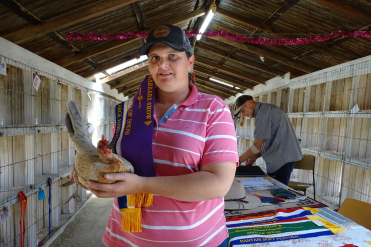The Rationalist Society of Australia has urged the incoming Speaker of the House of Representatives and President of the Senate to replace the daily prayer ritual with something more modern, inclusive and reflective of the community.
With the new parliament opening tomorrow, RSA president Meredith Doig has written to Milton Dick MP and Senator Sue Lines – who, according to media reports, have been endorsed to become the presiding officers of the lower house and the upper house respectively.
In the letters, Dr Doig told them that they now have “an opportunity to modernise the Australian parliament and make it more reflective of the Australian community”.
Momentum for the change is growing on the back of our petition that calls for the daily Christian prayer rituals in the House of Representatives and the Senate to be replaced with some more inclusive.
The petition has attracted about 6,000 signatures since launching earlier this month.
In the past week, the RSA has also written to a number of MPs about the prayer issue, including Greens leader Adam Bandt and the new independents, urging them to take the opportunity to modernise the new parliament’s proceedings and promote inclusion.
In her letters to Mr Dick and Senator Lines, Dr Doig referenced comments from Prime Minister Anthony Albanese and former High Court judge and RSA Patron Michael Kirby on the importance of separation of church and state in ensuring people of all faiths and none are treated equally.
She also noted that, according to the Census, nearly 40 per cent of Australians do not affiliate with a religion and less than half affiliate with Christianity.
“Reciting Christian-only prayers as part of formal parliamentary proceedings each day sends the message to non-Christians and non-religious people that the parliament privileges one particular faith,” she wrote.
“The practice excludes members of parliament and parliamentary staff whose own beliefs are not acknowledged or respected by the ritual. Tim Watts MP, for example, told the House of Representatives earlier this year that, as an atheist, he believed it was inappropriate for prayers to be observed as part of formal parliamentary proceedings and he does not attend that part of proceedings.”








